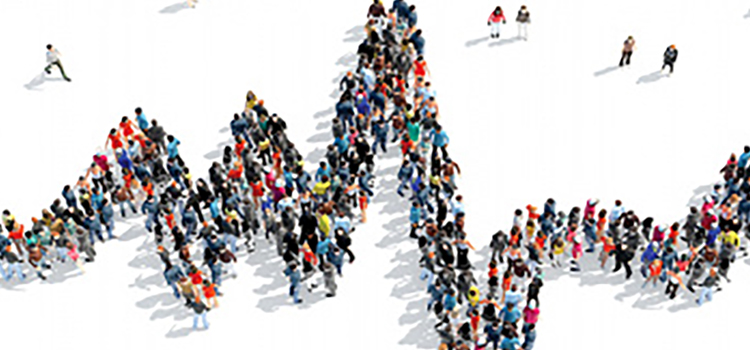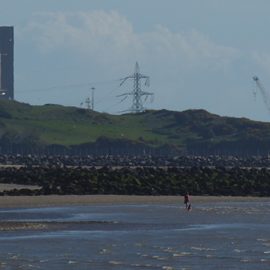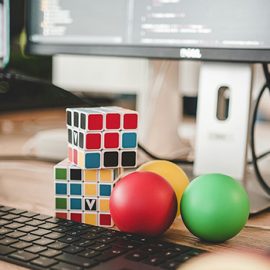
Does biosensing increase people’s control over their health, as it is often claimed? What is the connection between more data and health? Who is biosensing who? What is the relation between biosensing and people’s anxieties about their health? How do people subvert or reinvent biosensors to assure themselves of health? How does biosensing participate in making certain forms of selfhood and group viable? What socio-material networks do biosensing practices produce and rely on? Who is profiting from biosensing and who is not, and how? What new forms of work and care are produced in biosensing? How does the dream of continuous monitoring animate biosensing? How might collectives or communities thrive through biosensing? What, if any, policy framework might meet public concerns about health biosensors?
These are some of the questions, Celia Roberts, Adrian Mackenzie and Maggie Mort (with Mette Kragh-Furbo, Joann Wilkinson and Theresa Atkinson) are offering some ways of responding to in the book Living Data: Making Sense of Health Biosensing, published by Bristol University Press. A range of biosensors and biosensings are discussed in the book, testing the boundaries of the technical definitions of biosensor in order to access emerging configurations and experiences that the authors consider relevant. The book focuses on fertility biosensing, biosensing stress, platform biosensing and biosensing in old age.
Read more about the Living Data book and project on their website: http://wp.lancs.ac.uk/livingdata/



